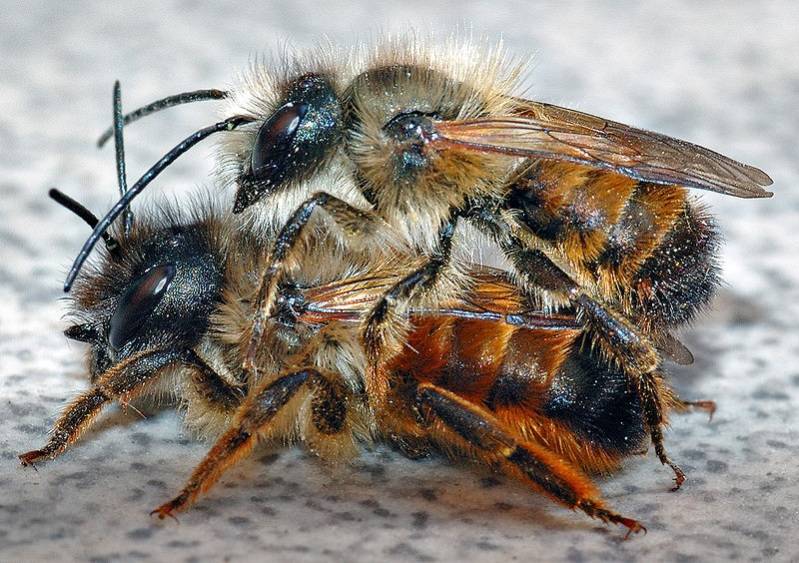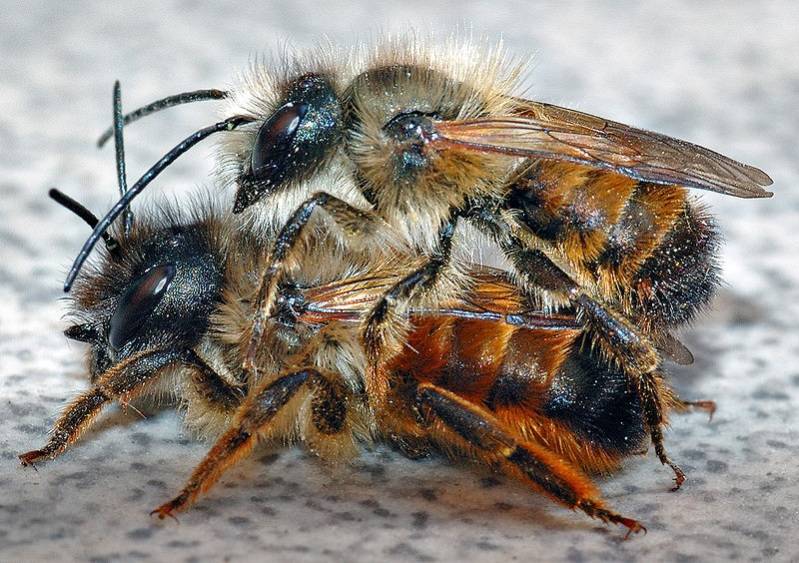It’s time for another installation of “Bits and Bobs,” four bite-sized chunks of science to impress your family, friends, colleagues, frenemies, and lovers. This week, I’ll be sharing some tidbits about the things you might find in your garden this time of year (or at the lovely Market at the Square)!
 1. Strawberries, blackberries, and raspberries are liars.
1. Strawberries, blackberries, and raspberries are liars.
Scientists have very strict definitions for most things, and these are often different from the colloquial terms. Berries, as defined by botanists, are a fruit with many seeds encased by a fleshy pulp. As a side note, this makes berries, like all fruits, ovaries. But true berries are one ovary with many seeds, while many other things we think of as berries (strawberries, raspberries) result from multiple ovaries produced by a single flower. By this definition, tomatoes, cucumbers, bananas, and (my favorite) avocados are berries, while strawberries and raspberries are not. The only common berry that is truly a berry is the blueberry. Good for you, blueberry. Keep being true to yourself.
2. Vegetables don’t really exist.
“Eat your vegetables!” our sitcom parents would always admonish. Next time this happens to you, eat some Cheetos. There is no accepted botanical definition of a “vegetable”; this is a culinary term that includes any part of a plant that is eaten. Therefore, wheat flour could technically be classified as a vegetable, as could all leaves, stems, fruits, and roots. But keep in mind that mushrooms are never, ever vegetables; they are fungi and are not even part of the plant kingdom.
3. Native bees are excellent architects and parents.
 Most of us are familiar with honey bees, and more often we are a little bit afraid of their sting. Bees native to Illinois, such as mason bees (left), are gentle pollinators that are excellent for your garden. A single bee can visit over 1,600 flowers a day, and pollinate up to 90% of them. Without pollination, your garden won’t produce delicious food. My favorite thing about the mason bees, however, is what good architects and parents they are: They find a hole in a wood post or branch, and carefully create a separate room for each egg using mud walls. These rooms then have their own food supply. Because mason bees do not have a large hive to protect, they are not aggressive and will not sting unless handled roughly. Find out more about native pollinators at the Pollinator Booth at the Market at the Square each weekend in the month of June, or check out the wonderful activities for Pollinator Week.
Most of us are familiar with honey bees, and more often we are a little bit afraid of their sting. Bees native to Illinois, such as mason bees (left), are gentle pollinators that are excellent for your garden. A single bee can visit over 1,600 flowers a day, and pollinate up to 90% of them. Without pollination, your garden won’t produce delicious food. My favorite thing about the mason bees, however, is what good architects and parents they are: They find a hole in a wood post or branch, and carefully create a separate room for each egg using mud walls. These rooms then have their own food supply. Because mason bees do not have a large hive to protect, they are not aggressive and will not sting unless handled roughly. Find out more about native pollinators at the Pollinator Booth at the Market at the Square each weekend in the month of June, or check out the wonderful activities for Pollinator Week.
4. Cabbage, cauliflower, and Brussels sprouts are all the same plant.
While they all look (and taste!) differently, cabbage, cauliflower, Brussels sprouts, kale, and broccoli (among others) are all the same species of plant, called Brassica oleracea. The different foods you are used to seeing are actually just different cultivars. When uncultivated, this plant is known simply as wild cabbage. Not bad for a single species!








